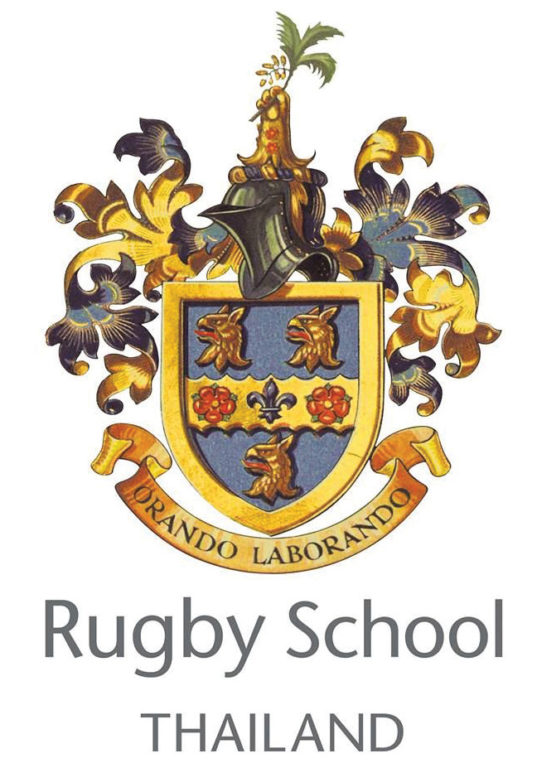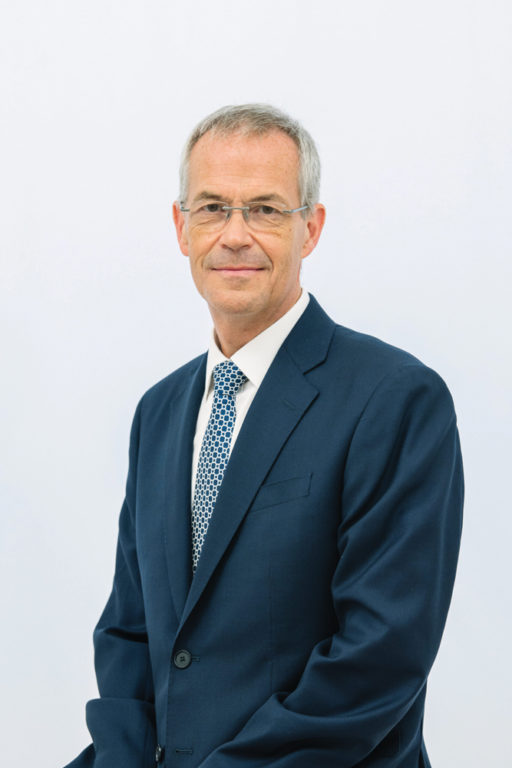Bruce Grindlay of Rugby School Thailand


Interviewed by James Kemp, Deputy Head of School at The British Learning Centre
Rugby School Thailand’s rise to prominence has been nothing short of meteoric. Since its founding in 2017, the school has received multiple accolades and accreditations, not least COBIS (Council of British International Schools) certification during which time it was also given two Beacon status awards for its boarding provision and enrichment opportunities. In recent months students have attended the World Scholars ‘Tournament of Champions’ at Yale University as well as recent graduates being offered university places at the likes of the University of Cambridge, Imperial College London, the University of St Andrews and King’s College London.
As the choice of international schools in the area grows with the opening of Singapore International School Bangkok’s sixth campus, in Rayong during August 2023, as well as trusted, established names such as St. Andrew’s Green Valley and Regents International School – how will parents choose the right school for their child? I spoke with the Principal of Rugby School Thailand, Mr Bruce Grindlay, to ask what he feels parents should consider when exploring their options for their child’s education and how RST seeks to stand out from the crowd.
I met with Mr Grindlay at the school’s impressive 80 acre campus near Khao Mai Keaw, just outside Pattaya, where he accompanied me on an extensive tour of the facilities. I got the sense that Mr Grindlay was immensely proud of the school that he has led since 2021 and the opportunities it seeks to provide its students. What struck me beyond the breadth and quality of the facilities was how he spoke with passion and enthusiasm, in practical terms, about how they were being used to enrich the academic, sporting and cultural experiences of the students.
The idea of holistic education is a mantra often repeated by school leaders and marketing teams; I was keen to discuss this with Mr Grindlay to find out how this manifests itself at RST. He spoke about the need to provide a space where students are recognised for their unique abilities and can develop confidence and self-esteem through their achievements, whether that be through participation in the Duke of Edinburgh Awards scheme, participating in dramatic and musical performances or as budding engineers in the ‘F1 in Schools’ competition.
Mr Grindlay was also keen to explain the schools emphasis on pastoral care and developing leadership skills through the house system. Houses play a particularly strong role in the lives of the school’s boarding students. Having seen the facilities provided for boarders, their experience seems a far cry from the Dickensian images that we might think of when we hear the term ‘boarding school’, with the students having support with their homework, access to the sporting facilities as well as organised trips and activities. We spoke about how the boarding facilities not only offer a flexible option for parents, who may not live close to the school, but also provide an opportunity for the students to develop their social skills as well as their English proficiency.
I asked Mr Grindlay what advice he would offer to parents navigating the plethora of choices they have for their child’s education. He emphasised the importance of finding the right fit for your child: no matter how good the school, not all environments will suit all students. The need for your child to feel safe, valued and supported is paramount. Without this, academic success is unlikely and there may well be welfare issues in the future. As an educator myself, this certainly echoes my own experience.
It is an exciting time to be involved in education in Thailand, whether as a student, parent or a professional. Increased choice can only mean that standards will also rise. I have also recently visited a number of international schools in Bangkok where there is certainly a race to the top in terms of facilities and student experience. However, this is also reflected in the fees top schools require. It will be interesting to see how increased competition will impact on this and if the current fee structures are sustainable.
